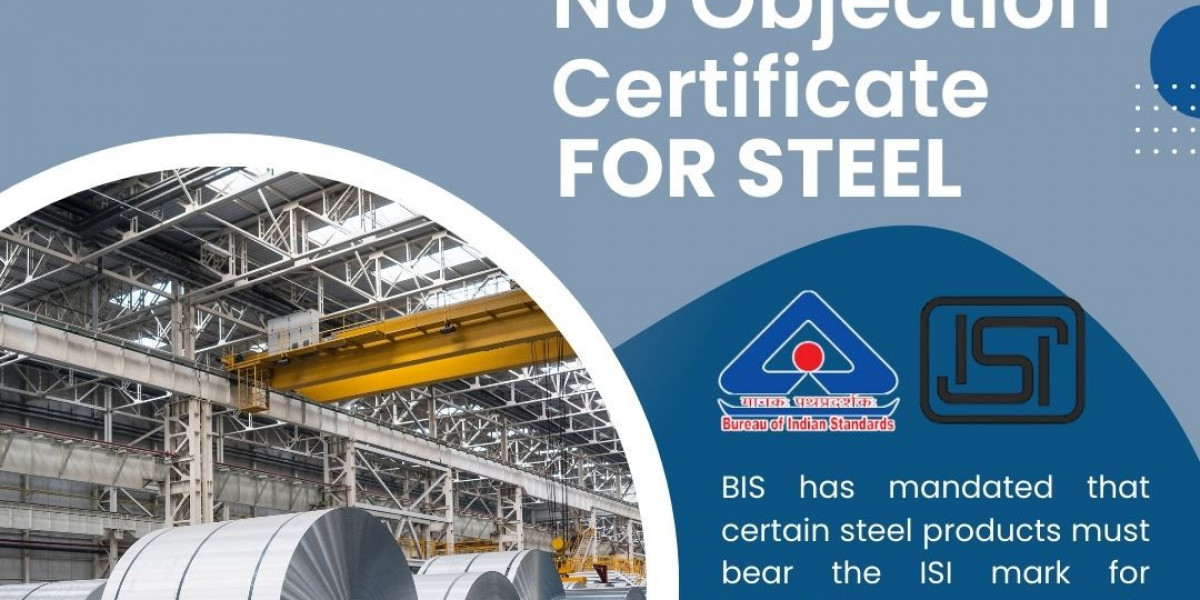Choosing the Best Renewable Heating System for Your Home
Did you know that switching to a renewable heating system can drastically reduce your carbon footprint and save you hundreds on your energy bills? It’s a win for both the planet and your wallet.
If you’ve been wondering how renewable heating systems work and which one is right for your home, you’re in the right place. This blog will break down the basics, compare the most popular options, and help you make an informed decision based on your needs.
Whether you're a homeowner planning renovations, an eco-conscious consumer, or simply someone looking to cut energy costs while reducing environmental impact, this guide will provide valuable insights that align with your goals.
Understanding Renewable Heating Systems
What Are Renewable Heating Systems?
Renewable heating systems use sustainable energy sources to heat your home. These can include solar energy, ambient air, ground energy, and organic matter, like wood pellets. Unlike traditional systems that rely on finite resources such as coal or gas, renewable systems harness energy that naturally replenishes, making them a far more sustainable choice.
Why Do They Matter?
The benefits of investing in renewable heating systems are significant:
- Lower carbon emissions contribute to a healthier planet and help mitigate climate change.
- Energy efficiency reduces your long-term bills.
- Government incentives and subsidies often support the installation of renewable systems, making the switch more affordable.
By prioritising renewable heating, you’re not just taking action today for the environment; you’re also future-proofing your home.
Comparing Renewable Heating Systems
Choosing the best renewable heating system starts with understanding the main options available. Each of these has its pros and cons, and the right one for you will depend on your home, lifestyle, and budget.
1. Solar Thermal Systems
These systems use solar panels to capture and convert sunlight into energy for heating water.
Advantages
- Exceptionally eco-friendly, relying purely on sunlight.
- Low operating costs after installation.
- Long lifespan, with solar panels lasting up to 25 years.
Disadvantages
- Dependent on consistent sunlight, which can be an issue in cloudy or cold climates.
- High upfront installation costs.
- May require a backup heating system for cloudy days.
2. Air Source Heat Pumps (ASHP)
ASHPs absorb heat from the air outside and convert it into usable energy for heating and hot water.
Advantages
- Highly energy-efficient, providing up to three times the energy they consume.
- Suitable for a wide range of climates.
- Can serve as both a heating and cooling system in some models.
Disadvantages
- Performance decreases in extreme cold, requiring an additional heat source.
- Dependent on electricity, which could impact eco-savings depending on your supplier.
3. Ground Source Heat Pumps (GSHP)
GSHPs use pipes buried in your garden to extract heat from the ground, which maintains a consistent temperature year-round.
Advantages
- Reliable and consistent performance, irrespective of external weather conditions.
- Long-term energy cost savings.
- Extremely low carbon emissions.
Disadvantages
- Installation can be highly disruptive, requiring significant outdoor space.
- The initial cost is steep, though government grants may offset this expense.
4. Biomass Boilers
Biomass systems burn organic materials, like wood pellets or logs, to produce heat.
Advantages
- Renewable and sustainable fuel source.
- Ideal for homes with high heating requirements.
- Can be carbon neutral if the wood is sourced sustainably.
Disadvantages
- Requires space for fuel storage.
- Regular maintenance, including ash removal and cleaning the system.
- Less convenient compared to fully automated systems like heat pumps.
Factors to Consider When Choosing the Best Renewable Heating System
Selecting the right system isn’t just about the technology; it’s about how it fits into your home, budget, and lifestyle. Here are the key factors to weigh in before making your decision.
1. Home Characteristics
The size, insulation, and layout of your home play a significant role in choosing the right system. For instance, larger homes with more heat loss may benefit from systems like biomass boilers or GSHPs, while small city apartments are better suited for ASHPs.
2. Climate and Location
Regional climate is crucial. Areas with ample sunlight are ideal for solar thermal systems, while GSHPs work better in regions with consistent temperatures. ASHPs are versatile but might need extra support in very cold climates.
3. Installation and Running Costs
While renewable heating options can seem more expensive upfront, many systems pay for themselves over time through energy savings and government grants. Don’t forget to compare the long-term costs alongside the initial investment.
4. Sustainability Goals
If reducing carbon emissions is your top priority, ensure the system’s energy source is as clean as possible. GSHPs and solar thermal systems are among the most sustainable options.
5. Lifestyle and Convenience
Some systems, like biomass boilers, require regular maintenance and upkeep, which isn’t suitable for everyone. If you value convenience, look into less hands-on options like heat pumps.
Expert Recommendations for Choosing the Right System
Sometimes, finding the perfect match comes down to your property type and heating needs. Here’s what experts recommend based on specific scenarios.
- Solar Thermal Systems are great for eco-conscious households with good sun exposure.
- Air Source Heat Pumps work well for urban homes with limited outdoor space.
- Ground Source Heat Pumps are ideal for large rural properties with plenty of land.
- Biomass Boilers suit homes with high heating requirements and space for storage.
For a tailored recommendation, consult a certified installer. They can assess your home and provide expert advice to ensure you make the best choice.
FAQs About Renewable Heating Systems
Which system is the most cost-effective?
Over time, GSHPs tend to deliver the highest savings due to their efficiency, but upfront costs are steep. If you’re seeking affordability, ASHPs are a good option with lower installation expenses.
How long does installation take?
This depends on the system. For instance, GSHP installations can take several weeks due to groundworks, while ASHPs or biomass boilers may be up and running within days.
Are renewable systems suitable for older homes?
Yes! However, properly insulating your home is key to maximising efficiency, especially if you’re retrofitting older properties with modern renewable systems.
What government incentives are available?
Many countries offer subsidies or tax credits for installing renewable heating systems. Check local schemes like the UK's Boiler Upgrade Scheme or the US's Federal Renewable Energy Tax Credit.
Start Heating Smarter Today
Switching to a renewable heating system is more than an upgrade; it’s a commitment to a more sustainable and cost-effective way of living. By choosing the right system for your home, you can enjoy a warm, comfortable space while reducing your environmental footprint.
Still not sure which system suits you best? Need help navigating the options? Reach out to our experts today for tailored advice that will help you take the first step toward greener heating.







